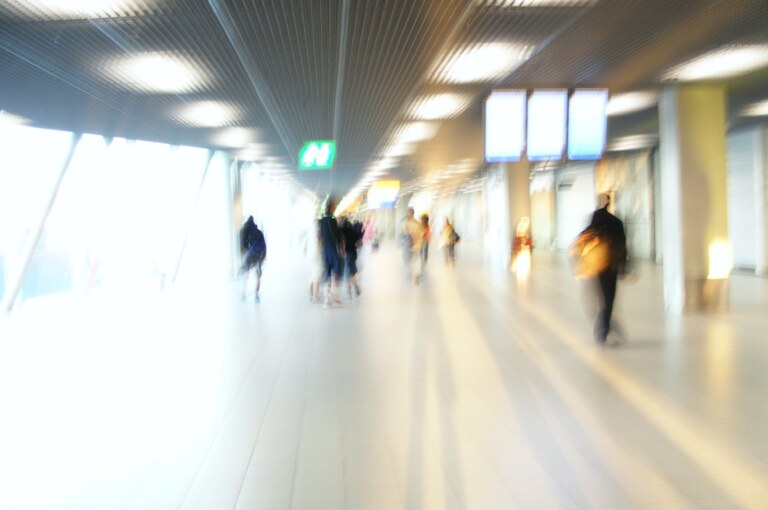The wait time for US visa appointments can vary greatly depending on the location of the consulate. In some cases, applicants may have to wait months to get an appointment. If you are facing a long wait time, you may want to continue reading about changing consulates for a shorter wait time for US Visa applicants.
The Advantages of Changing Consulates:
- Reduced Waiting Times: Changing consulates allows applicants to explore alternative locations with shorter wait times. Consulate workload and demand vary across different regions, leading to significant disparities in appointment availability. By researching and identifying consulates that experience lower demand, applicants can secure earlier visa interview dates and potentially expedite the visa application process.
- Improved Planning: When applicants opt to change consulates, they gain more control over their travel plans. By carefully selecting a consulate with a shorter wait time, applicants can better plan their trip, book flights, accommodation, and other logistics well in advance. This approach ensures smoother travel arrangements and minimizes the uncertainties associated with unpredictable waiting periods.
- Increased Flexibility: Changing consulates provides applicants with the flexibility to consider alternative locations. Applicants residing in close proximity to multiple consulates can explore nearby options and select the one that offers the most convenient appointment slot. Moreover, applicants who frequently travel or have the means to visit different cities can strategically choose consulates that are known for faster visa processing.
Important Considerations:
While changing consulates can offer several advantages, there are certain factors to consider:
- Eligibility Criteria: Applicants must ensure that they are eligible to apply at a different consulate. Some consulates may only accept applications from residents within their jurisdiction or applicants with specific ties to the region. It is crucial to review the eligibility requirements of each consulate before initiating the process. You will need to make sure that the new consulate is authorized to issue visas for your nationality.
- Travel and Additional Costs: Changing consulates may involve travel to a different city or even a different country, depending on the applicant’s location. This incurs additional expenses such as transportation, accommodation, and potentially visa fees for the new host country. Applicants should carefully evaluate the costs involved and determine whether the potential time saved justifies the additional expenditure. Secondly, you will need to submit a new application and pay the application fee.
- Consular Policies: Consulates may have varying policies and procedures. It is essential to familiarize oneself with the specific requirements and documentation needed by the chosen consulate. Failure to comply with these requirements may lead to delays or complications in the visa application process. You may also need to provide additional documentation.
Changing consulates can be a strategic approach for US visa applicants seeking shorter wait times. By exploring different consular options, applicants gain the opportunity to secure earlier appointments, improve their travel planning, and increase flexibility. However, it is crucial to consider the eligibility criteria, additional costs, and specific consular policies before making a decision. Ultimately, with careful research and planning, changing consulates can significantly reduce the frustration and waiting period associated with the US visa application process.
https://travel.state.gov/content/travel/en/us-visas/immigrate/family-immigration.html
https://travel.state.gov/content/travel/en/News/visas-news/update-on-worldwide-visa-operations.html



